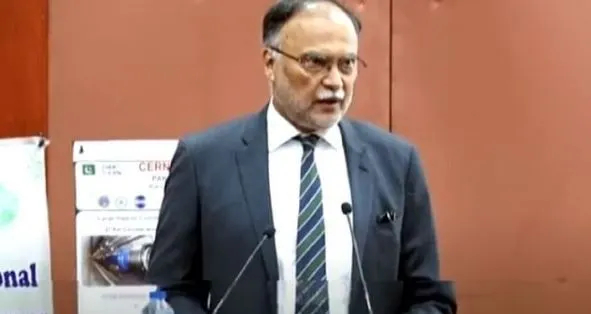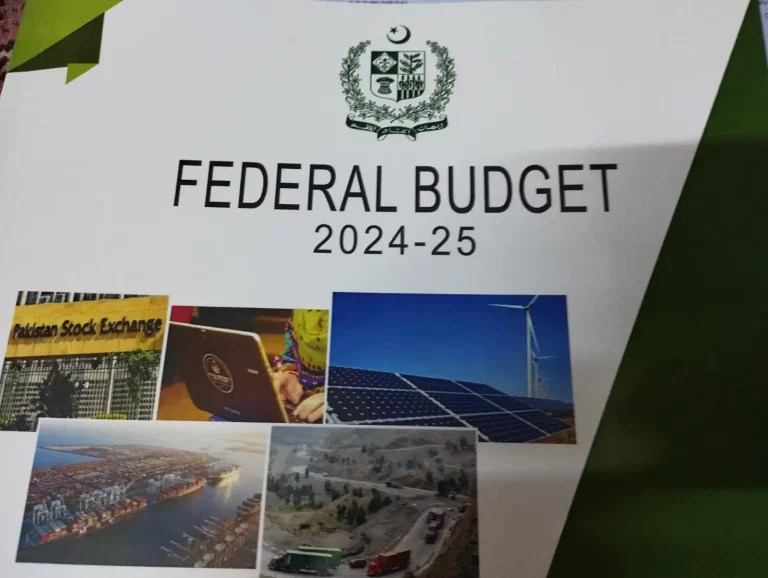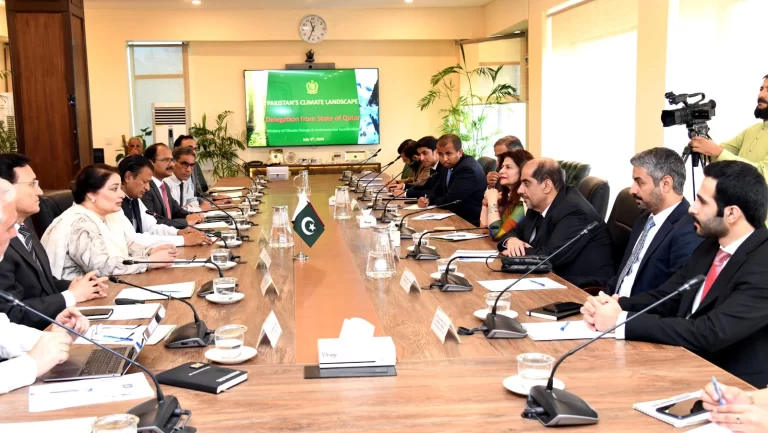Ahsan Iqbal Advocates Digitalization and Gender Inclusivity at Regional TVET Conference
Islamabad: The Planning Minister, Prof. Ahsan Iqbal, addressed as the Chief Guest at a five-day regional conference on “Empowering Workforce and Gender Inclusivity: Navigating the TVET Landscape through Digitalization and Green Practices.”ICAP Hosts CFO Conference 2024
The event was organized by the Colombo Plan Staff College (CPSC), Sri Lanka, in collaboration with the National Vocational and Technical Training Commission (NAVTTC) Pakistan.
The conference, attended by distinguished guests including Mr. Rana Mashood, Special Assistant to the Prime Minister for Youth Affairs, Dr. GLW Vikra Masingge, Director General of Colombo Plan Staff College, and Miss Kul Ministry, aims to explore the transformative potential of digitalization and inclusive practices in Technical and Vocational Education and Training (TVET).
In his address, Prof. Iqbal emphasized the historical partnership between Pakistan and CPSC, highlighting Pakistan’s role as a founding member and the significant benefits derived from this collaboration in enhancing the country’s technical education capabilities.
Prof. Iqbal stated, “Empowering workforce and gender inclusivity through digitalization and green practices is not only crucial for the future of our global workforce but also for societal advancement.” He underscored the pivotal role of digital tools and technologies in revolutionizing TVET, making training more accessible, engaging, and relevant through online learning platforms, virtual reality simulations, and AI-driven personalized learning.
The Minister highlighted a recent World Economic Forum report indicating that digital transformation could create up to 150 million new roles by this year while displacing 75 million jobs, underscoring the need for a workforce skilled in digital tools and technologies. He also stressed the importance of gender inclusivity, noting that women are often underrepresented in STEM careers and vocational training programs.
Prof. Iqbal called for policies promoting gender equality, providing scholarships and incentives for female students, and ensuring a safe and supportive learning environment. He cited the Women in Engineering program as an inspiring example of initiatives aimed at bridging the gender gap and fostering a more inclusive workforce.
As the world moves towards a more sustainable future, Prof. Iqbal emphasized the need for TVET systems to incorporate green practices, preparing the workforce for green jobs and instilling environmental responsibility. He highlighted the potential of the renewable energy sector to create millions of jobs and the importance of incorporating sustainable practices into the curriculum.








